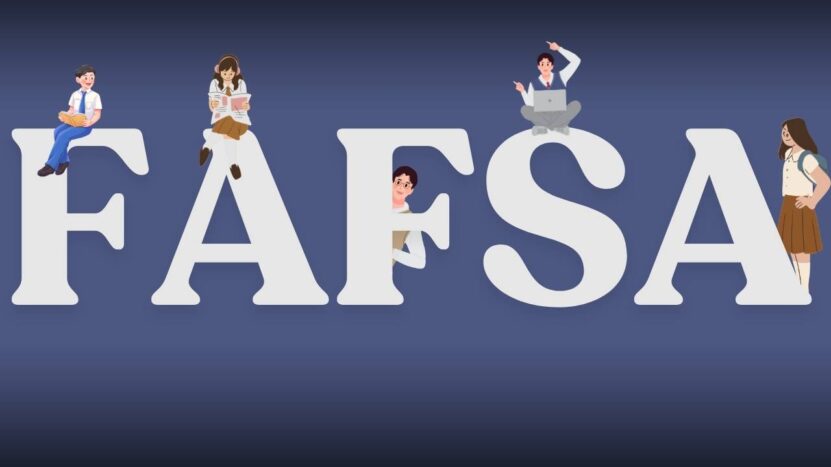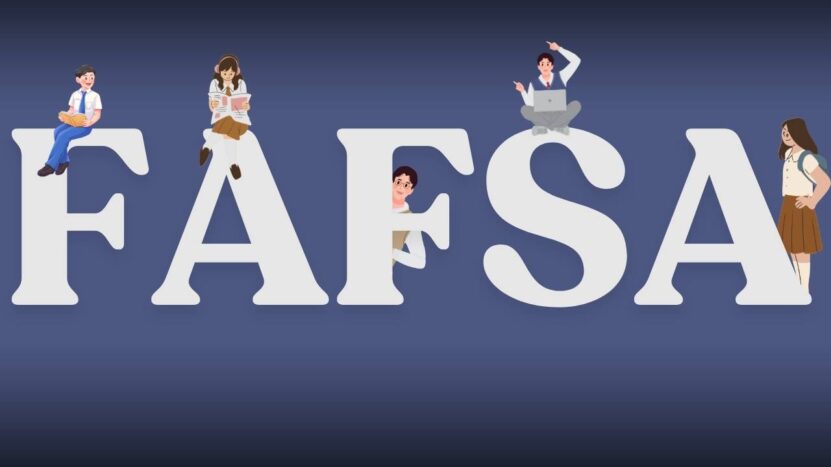
Share Post:
A strong recommendation letter can be the difference between standing out from the competition or blending in with the crowd.
It offers potential employers or admissions committees valuable insights into your skills, character, and achievements—things that aren’t easily conveyed through resumes or transcripts alone.
But how do you go about asking for a letter of recommendation without feeling awkward or unsure?
Table of Contents
ToggleKey Takeaways
- Always choose recommenders who know you well and can speak to your achievements and character.
- Prepare your request thoroughly by providing a resume, opportunity details, and submission instructions.
- Make the initial request in person or over the phone, followed by a formal email.
- Send a gentle reminder one to two weeks before the deadline to ensure timely submission.
- Show gratitude with a thank-you note or email once the letter is submitted.
- Maintain professional relationships by updating your recommenders on your application outcome.
Step 1: Choose the Right Recommenders

The first and most crucial step in getting a strong recommendation is choosing the right person to write it.
The best recommenders are individuals who:
Academic Recommendations
If you’re applying for college or grad school, consider asking:
- Teachers from subjects related to your chosen field.
- Your high school guidance counselor.
- Professors who taught advanced or specialized courses.
- Academic advisors or mentors.
Professional Recommendations
For job applications, consider asking:
- Your current or former manager.
- Colleagues who have seniority and know your work well.
- Mentors who guided you in your professional growth.
Pro Tip
It’s better to ask someone who knows you well rather than a big name with minimal familiarity with your work.
Detailed and personalized recommendations are far more impactful than vague, generic endorsements.
Step 2: Prepare Your Request
@greglangstaff #greenscreen This is the most important document you’ll ever write. Don’t leave money on the table… #c#careerj#jobsearch ♬ original sound – Greg L. – Career Coach 🤓
This will make it much easier for them to write a thoughtful and accurate letter. Start by preparing your resume or brag sheet, which should include your most recent achievements, coursework, skills, and career goals.
This will give the recommender a clear overview of your qualifications and help them highlight your strengths.
Next, provide details about the opportunity you are applying for, including why you are interested in it and any specific requirements or preferences for the letter.
Clearly explain how the recommendation will support your application and why you believe the recommender’s endorsement will make an impact.
Lastly, make sure to include submission instructions. Clearly outline how and where the letter needs to be sent, along with any deadlines to keep in mind.
If the letter needs to be mailed, it’s courteous to provide a pre-addressed, stamped envelope to make the process as easy as possible for your recommender.
Taking these steps will not only demonstrate your professionalism and thoughtfulness but also make it far more likely that your recommender will write you a strong, detailed, and timely letter.
Step 3: Make the Ask (Politely and Personally)
Whenever possible, ask for a letter of recommendation in person.
This demonstrates respect and allows you to explain why you’re asking them specifically.
If an in-person meeting isn’t possible, a thoughtful phone call or video chat can also work.
Example Script
“Hi [Recommender’s Name],
I hope you’re doing well. I’m reaching out because I’m applying to [specific program/job], and I wanted to ask if you would feel comfortable writing me a strong letter of recommendation. Having worked with you as my [role], I really value your perspective on my [mention specific skills or achievements].
I’d greatly appreciate your support, and I’m happy to provide any information you might need. The deadline for submission is [insert date]. Thank you so much for considering this.
Best,
[Your Name]”
Step 4: Follow Up with a Formal Request

After speaking in person or over the phone, it’s essential to follow up with a formal written request via email.
This step ensures that your recommender has all the necessary information clearly laid out and can refer back to it when needed.
In your email, briefly remind them of your conversation and reiterate why their support is important to you.
Clearly state the deadline and provide any relevant documents, such as your resume, brag sheet, or specific submission instructions.
Being organized and concise in your follow-up will make it easier for your recommender to write a strong, timely letter on your brag sheet, or specific submission instructions.
Example Follow-Up Email
Subject: Request for Letter of Recommendation – [Your Name]
Dear [Recommender’s Name],
Thank you again for agreeing to write me a recommendation letter for [specific opportunity]. I truly appreciate your support.
I have attached my resume and a brief summary of the opportunity for your reference. The deadline for submission is [insert date], and the letter can be sent via [insert method: email, online portal, mail].
If you need any additional information, please don’t hesitate to reach out. I am incredibly grateful for your help.
Sincerely,
[Your Name]
[Your Phone Number]
[Your Email Address]
Step 5: Send a Gentle Reminder

Life gets busy, and your recommender might forget about the deadline amid their other responsibilities.
One or two weeks before the due date, send a polite and respectful reminder to gently nudge them without sounding pushy.
In your message, express your gratitude once again for their support and briefly restate the submission details.
Offering to provide any additional information or assistance shows your consideration and keeps the tone positive and appreciative.
Reminder Email Example
Subject: Gentle Reminder: Letter of Recommendation
Dear [Recommender’s Name],
I just wanted to follow up regarding the letter of recommendation for [opportunity]. The deadline is approaching on [insert date], and I wanted to kindly check if you need any more information from me.
Thank you once again for your support—I truly appreciate it!
Best regards,
[Your Name]
Step 6: Show Gratitude
After your recommendation letter has been submitted, it’s crucial to express your appreciation to the person who took the time to support your application.
A sincere thank-you note demonstrates professionalism and gratitude, leaving a positive impression.
Depending on your relationship with the recommender, you can either handwrite a personal note or send a thoughtful email.
In your message, acknowledge their effort and mention how much their support means to you.
If you receive good news regarding your application, make sure to update them and share your success.
Showing gratitude not only strengthens your professional relationships but also leaves the door open for future support.
Thank-You Note Example
Subject: Heartfelt Thanks
Dear [Recommender’s Name],
I wanted to thank you sincerely for writing the recommendation letter for [opportunity]. I truly appreciate the time and effort you put into it. Your support means a lot to me, and I couldn’t have done it without your help.
I’ll make sure to update you on the outcome!
Warm regards,
[Your Name]
Why Are Letters of Recommendation Important?
Recommendation letters play a crucial role in showcasing your abilities and personal qualities from the perspective of someone who knows you well.
Typically, letters of recommendation are required when applying for:
- Undergraduate or graduate programs
- Scholarships and fellowships
- Job positions (especially when references are requested)
- Internships or training opportunities
Even if a job or program doesn’t require a letter of recommendation, including one can give you a competitive edge by highlighting your accomplishments and qualities through the words of someone credible and respected.
Additional Tips
- Give your recommender at least three to four weeks to write the letter. This shows consideration and allows ample time for thoughtful writing.
- Share information about your goals and why you’re pursuing this opportunity. This helps your recommender craft a more personalized and powerful letter.
- Not everyone will feel comfortable writing a recommendation. Respect their decision and consider asking someone else who knows you better.
- Keep your recommenders updated on your progress and let them know the outcome of your application. Maintaining a good relationship can be valuable for future recommendations.













